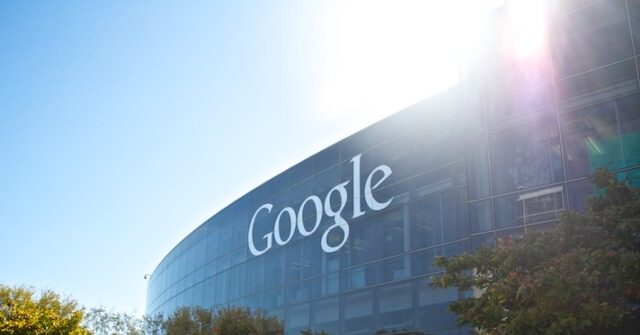Shivaun and Adam Raff’s journey with their price comparison website, Foundem, epitomizes the challenges faced by smaller tech companies in the shadow of industry giants, specifically Google. Launched in June 2006, Foundem sought to revolutionize the online shopping landscape, providing users with the best deals available. However, their ambitions were swiftly undermined when they received a search penalty from Google, which significantly reduced their visibility on the platform. This marked the beginning of a tumultuous 15-year legal battle, culminating in a monumental $2.58 billion fine imposed on Google, highlighting the urgent need for effective global regulation of Big Tech.
Initially, the Raffs perceived the search penalty as an unintentional error within Google’s automatic spam detection algorithms. Over the next two years, they made several unsuccessful attempts to communicate with Google, seeking to rectify what they believed was a mistake. Meanwhile, although Foundem maintained its presence on other search engines, the impact of Google’s overwhelming market dominance on their business was devastating. It soon became clear to the Raffs that the search penalty may have been part of a more calculated strategy rather than an automated mishap, leading to suspicions of anti-competitive practices by Google.
Motivated and unwilling to surrender, Shivaun and Adam Raff turned to regulatory bodies in various regions, including the UK, US, and Brussels. Their efforts gained traction when the European Commission (EC) initiated an antitrust investigation in November 2010, revealing that multiple shopping websites were experiencing similar issues due to Google’s policies. The case attracted attention when Foundem was recognized as the best price comparison site in the UK by The Gadget Show in 2008, boosting its traffic and making their predicament with Google even more apparent.
In June 2017, the EC issued a landmark ruling against Google, handing down a staggering €2.4 billion fine for abusing its market dominance. The commission found that Google had illegitimately favored its own comparison shopping service over those of its competitors, which significantly affected smaller businesses. The Raffs were present in a hotel near the EC’s headquarters when the ruling was announced, and they immediately focused their efforts on ensuring that the commission enforced its decision. Despite Google’s prolonged legal fight, the European Court of Justice ultimately upheld the fine in September 2024, marking a significant victory for the Raffs and their cause.
Yet, the Raffs remain vigilant in their belief that Google’s anticompetitive behavior persists. Currently, the EC is investigating Google’s parent company, Alphabet, under the newly established Digital Markets Act, seeking to curb monopolistic tendencies in the tech industry. Additionally, the Raffs are preparing to pursue a civil damages claim against Google, with the case set to begin in the first half of 2026. Their commitment to holding the tech giant accountable highlights their resilience even as Foundem, their original platform, was forced to shut down in 2016 amid the prolonged legal dispute.
Reflecting on their lengthy battle against Google, the Raffs question whether they would have pursued the fight had they foresaw its extensive duration. Their experiences serve as a cautionary tale for others navigating the complexities of the tech industry, emphasizing the significant challenges faced by small enterprises in competing against established monopolies. As the legal landscape surrounding Big Tech continues to evolve, the Raffs remain steadfast in their quest for justice, exemplifying the struggle for fairness and competition in the digital marketplace.

